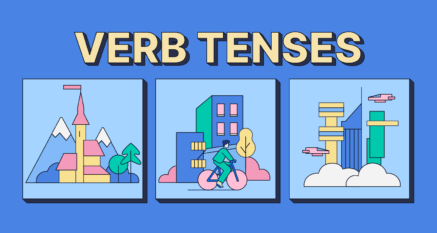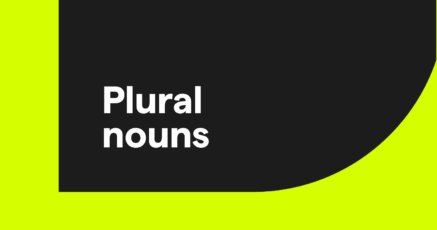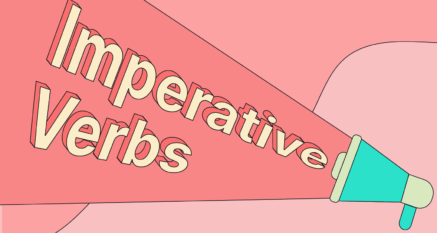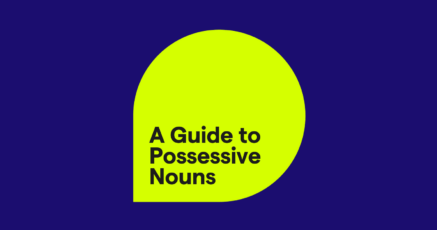Parts of Speech - Page 4
 How to Use Conjunctive AdverbsConjunctive adverbs, like however or also, are transition words used to connect independent clauses or sentences by showing the...March 21, 2023
How to Use Conjunctive AdverbsConjunctive adverbs, like however or also, are transition words used to connect independent clauses or sentences by showing the...March 21, 2023 Verb Tenses Explained, With ExamplesVerb tenses are changes or additions to verbs to show when the action took place: in the past, present, or future. The phrase...December 27, 2022
Verb Tenses Explained, With ExamplesVerb tenses are changes or additions to verbs to show when the action took place: in the past, present, or future. The phrase...December 27, 2022 Concrete Nouns vs. Abstract NounsConcrete nouns and abstract nouns are broad categories of nouns based on physical existence: Concrete nouns are physical things...December 20, 2022
Concrete Nouns vs. Abstract NounsConcrete nouns and abstract nouns are broad categories of nouns based on physical existence: Concrete nouns are physical things...December 20, 2022 What Is a Generic Noun? Definition and ExamplesGeneric nouns are nouns that refer to a thing in general (as opposed to one specific thing). For example, we say, “Books are...November 8, 2022
What Is a Generic Noun? Definition and ExamplesGeneric nouns are nouns that refer to a thing in general (as opposed to one specific thing). For example, we say, “Books are...November 8, 2022 Hyphen in a Compound Adjective with NumbersWhat is a compound adjective with numbers? In English grammar, we use hyphens when a noun and a number are used together as an...October 25, 2022
Hyphen in a Compound Adjective with NumbersWhat is a compound adjective with numbers? In English grammar, we use hyphens when a noun and a number are used together as an...October 25, 2022 Plural Nouns: Rules and ExamplesPlural nouns are words that refer to more than one person, animal, thing, or concept. You can make most nouns plural by adding -s...October 19, 2022
Plural Nouns: Rules and ExamplesPlural nouns are words that refer to more than one person, animal, thing, or concept. You can make most nouns plural by adding -s...October 19, 2022 What Are Singular Nouns, and How Do They Work?A singular noun is a noun that refers to only one person, place, thing, or idea. It’s contrasted with plural nouns, which refer...October 11, 2022
What Are Singular Nouns, and How Do They Work?A singular noun is a noun that refers to only one person, place, thing, or idea. It’s contrasted with plural nouns, which refer...October 11, 2022 Imperative Verbs in English, ExplainedImperative verbs create an imperative sentence (i.e., a sentence that gives an order or command). When you read an imperative...September 29, 2022
Imperative Verbs in English, ExplainedImperative verbs create an imperative sentence (i.e., a sentence that gives an order or command). When you read an imperative...September 29, 2022 Possessive Nouns: How to Use Them, With ExamplesA possessive noun is a noun that shows ownership or a direct connection, usually identified by ’s. Possessive nouns help...September 12, 2022
Possessive Nouns: How to Use Them, With ExamplesA possessive noun is a noun that shows ownership or a direct connection, usually identified by ’s. Possessive nouns help...September 12, 2022 Auxiliary Verbs: Definition and ExamplesAuxiliary verbs, also known as helper verbs or helping verbs, are minor verbs that support the sentence’s main verb to...September 2, 2022
Auxiliary Verbs: Definition and ExamplesAuxiliary verbs, also known as helper verbs or helping verbs, are minor verbs that support the sentence’s main verb to...September 2, 2022